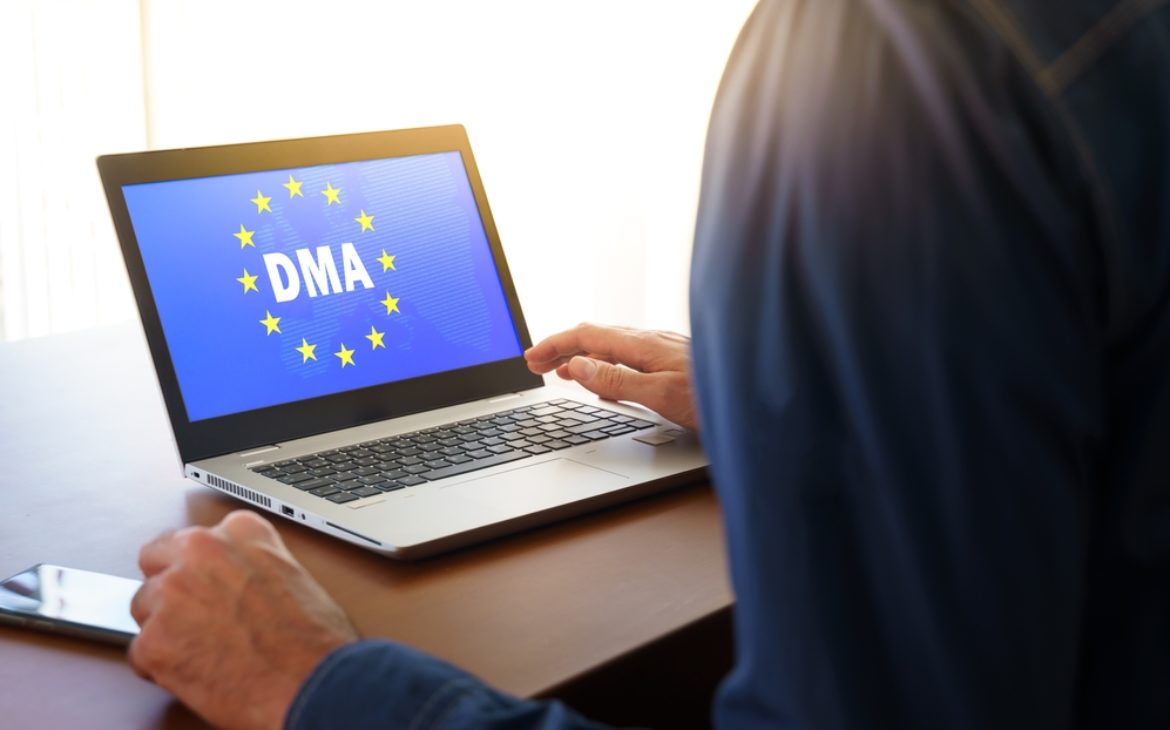The Council of the EU and the European Parliament reached an agreement on the Digital Markets Act together with the Digital Services Act in March this year. These are two important regulations by which the EU wants to impose stricter rules and greater responsibility on digital platforms that it claims have become private regulators. The implementation of the Digital Markets Act (DMA) starts in six months. A key term in the Act is “gatekeeper” in the digital market.
Once the Act comes into force next May, the potential gatekeepers reach the thresholds set by the Digital Markets Act must notify the European Commission of their “core platform services” within two months, by 3 July 2023.
The commission then has 45 working days to assess whether the firm in question has reached these thresholds and to determine its gatekeeper status, no later than September 6 of the following year. Once qualified as a gatekeeper, the company will have six months to comply with the requirements of the Digital Markets Act, and no later than March 6, 2024.
The act defines the criteria on the basis of which internet platforms should be given gatekeeper status. These are “digital platforms that provide an important gateway between business users and consumers – whose position can grant them the power to act as a private rule maker, and thus creating a bottleneck in the digital economy”.
In order to address these issues, the Digital Markets Act sets out a series of obligations that they will have to comply with and conduct that will be prohibited. Gatekeeper status will be granted to companies that manage one or more core platform services listed in the Act:
- internet mediation services, e.g. app stores, search engines
- social network services
- certain messaging services
- video sharing platform services
- virtual assistants
- cloud computing services
- operating systems
- online trading platforms and
- advertising services.
This mainly applies to American tech giants like Apple, Amazon, Google, Meta and Microsoft, which are indispensable due to their dominant position in the market.
A company is deemed a gatekeeper if it has significant influence on the internal market, which means that it generates annual revenue at the level of the European Economic Area (EEA) equal to or greater than EUR 7.5 billion during each of the last three financial years; if it provides the same core platform service in at least three Member States; and if it provides a core platform service that is an important gateway for business users towards final consumers, i.e. when the company provides a core platform service to more than 45 million monthly active end users established or located in the EU and to more than 10,000 yearly active business users established in the EU.
The Digital Markets Act sets out a list of dos and don’ts that gatekeeper companies will have to apply in their daily operations to ensure fair and open digital markets.
According to the Digital Markets Act, gatekeeper companies may not engage in unfair practices such as treat services and products offered by the gatekeeper itself more favourably in ranking than similar services or products offered by third parties on the platform, preventing consumers from linking up to businesses outside their platforms, preventing them from uninstalling any preinstalled software or app, or tracking end users outside of the gatekeepers’ core platform service for the purpose of targeted advertising, without effective consent having been granted.
The Digital Markets Act will be implemented using a supervisory structure in which the European Commission will be solely responsible for implementing the rules – in close cooperation with Member States authorities.
The commission will be able to impose fines of up to 10 percent of the company’s total global revenue, and up to 20 percent in case of repeated infringements. In the event of a systematic infringements, the Commission will be able to determine additional mandatory behavioral and/or structural remedies necessary for effective compliance with the DMA obligations, including, e.g. the divestiture of (parts of) a business.
